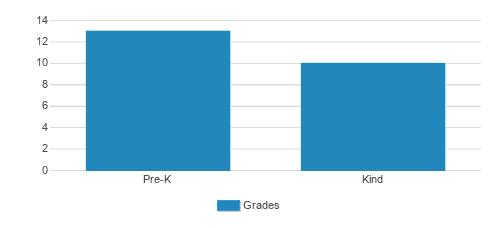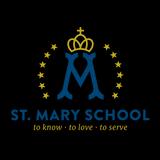At Charlevoix Children's House we celebrate the child. We are a Montessori community dedicated to providing a learning environment that guides, nurtures, and enriches the individual.
Maria Montessori, an Italian physician, developed the Montessori philosophy and method of education in 1896.
The premise of her work is that children interact with materials and learn from their environment, not from the teacher.
Maria Montessori developed what she called “the prepared environment”. Among its features is an ordered arrangement of learning materials in a noncompetitive atmosphere, which helps each child develop at his/her own rate.
Children learn through doing. A child's play is a child's work.
At Charlevoix Children's House, the process, not the product, is taught.
The ultimate goal is that each child be responsible for his or her own education.
Quick Facts (2026)
- School Type: Montessori School
- Grades: Prekindergarten-Kindergarten
- Enrollment: 23 students
- Application Deadline: None / Rolling
- Source: National Center for Education Statistics (NCES)
School Overview
Student Body
Total Students
23 students
Student Body Type
Co-ed
Students by Grade

Academics and Faculty
Total Classroom Teachers
1 teacher
Student-Teacher Ratio
23:1
National avg.: 13:1
Tuition and Acceptance Rate
Admission Deadline
None / Rolling
Tuition Notes
$0 (kindergarten free)
Application URL
School Notes
- School Motto: A child in his earliest years is capable of tremendous achievements simply through his unconscious power of absorption.
Source: National Center for Education Statistics (NCES)
Frequently Asked Questions
When is the application deadline for Charlevoix Childrens House?
The application deadline for Charlevoix Childrens House is rolling (applications are reviewed as they are received year-round).
School Reviews
Endorse Charlevoix Childrens House. Endorsements should be a few sentences in length. Please include any comments on:
- Quality of academic programs, teachers, and facilities
- Availability of music, art, sports and other extracurricular activities
- Academic or athletic awards
Recent Articles

Financial Aid 101 for Private School Families 2026
Guide to private school financial aid in 2026, with current costs, key planning timelines and practical steps parents need to maximize aid options.

Why Extracurricular Activities Matter in 2026
Discover why extracurricular activities remain essential in 2026, with updated research, costs, and admissions insights for parents and students.

How to Appeal for Financial Aid After Admission
Learn how to appeal for financial aid after admission to a private school, with expert steps, timelines, and 2026 updates for families.






